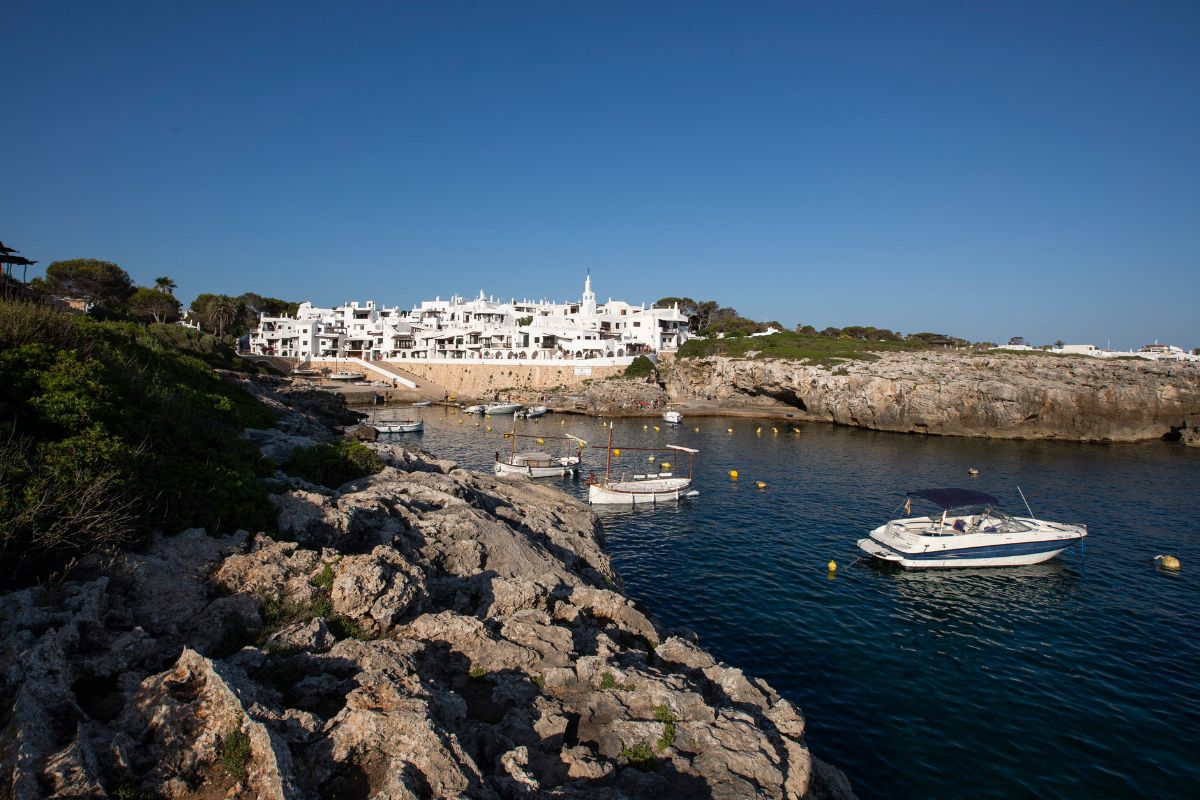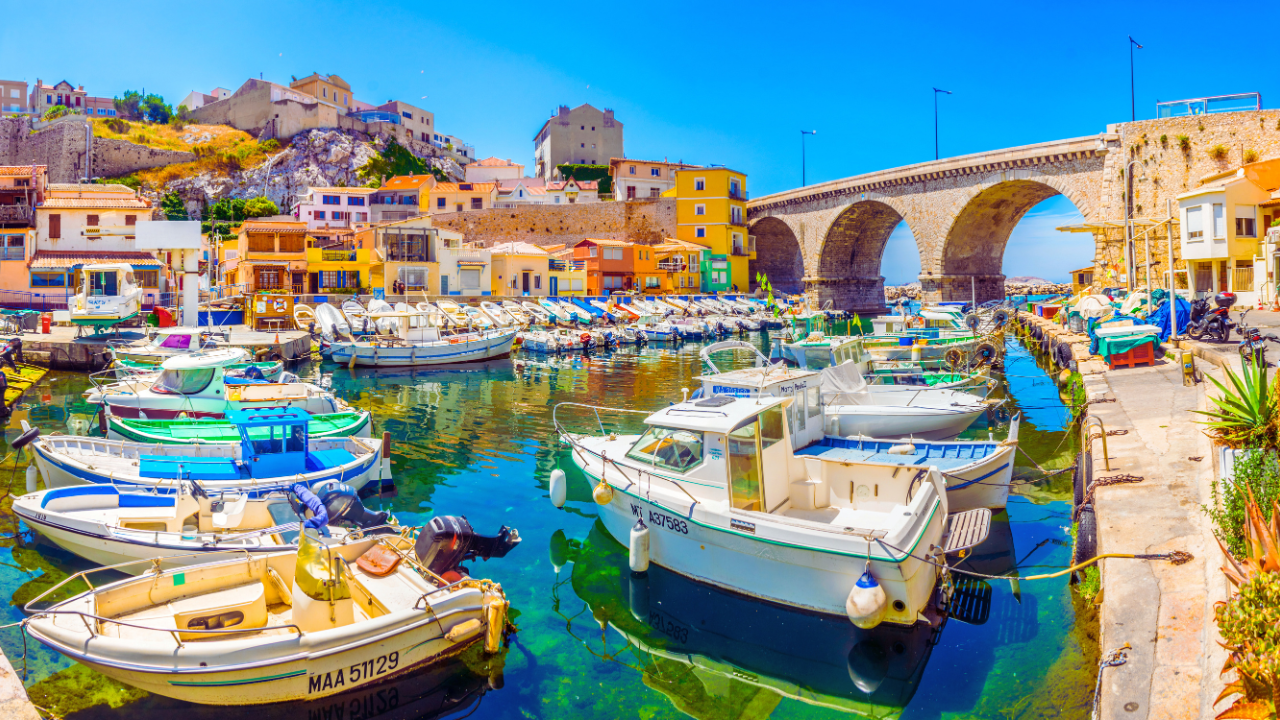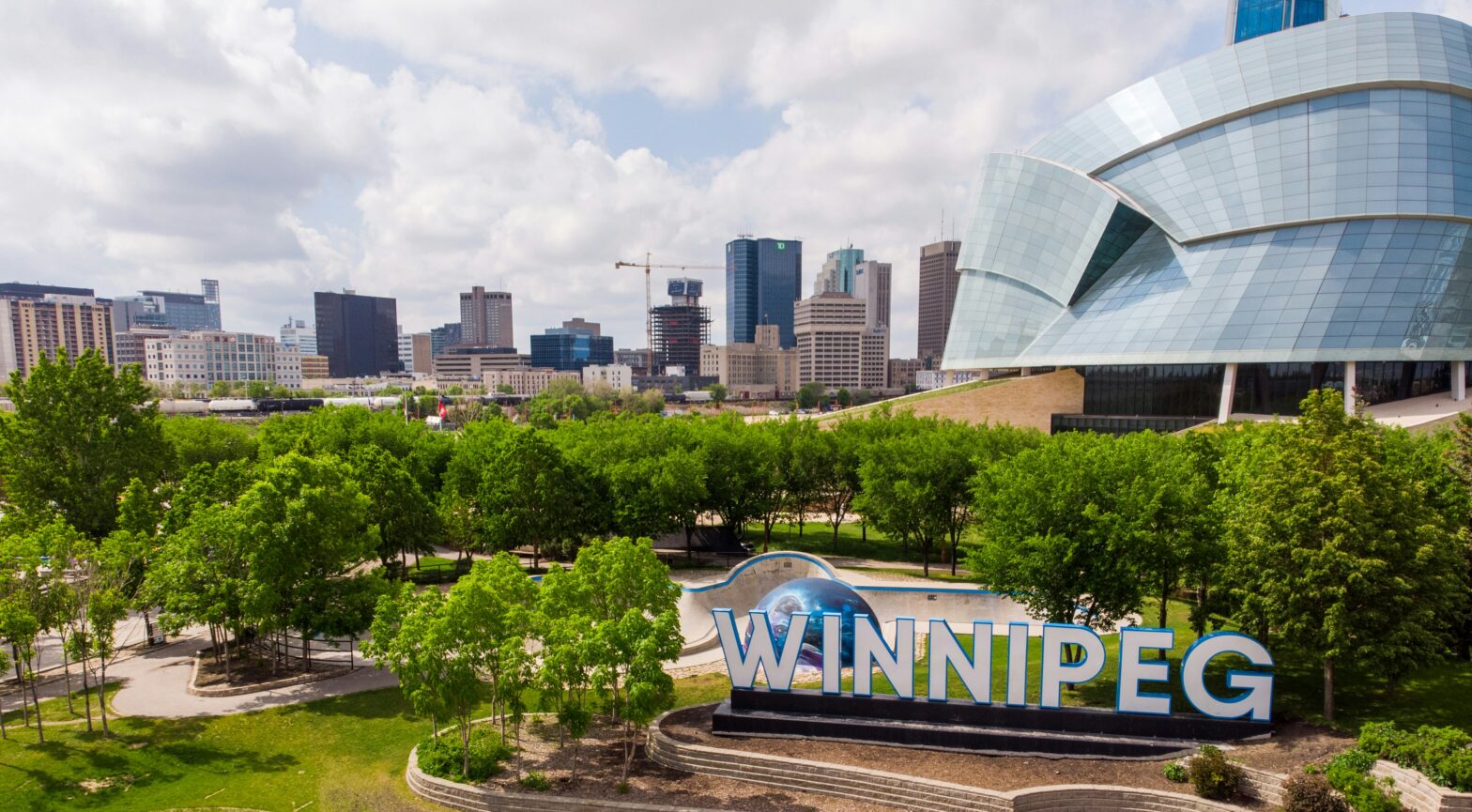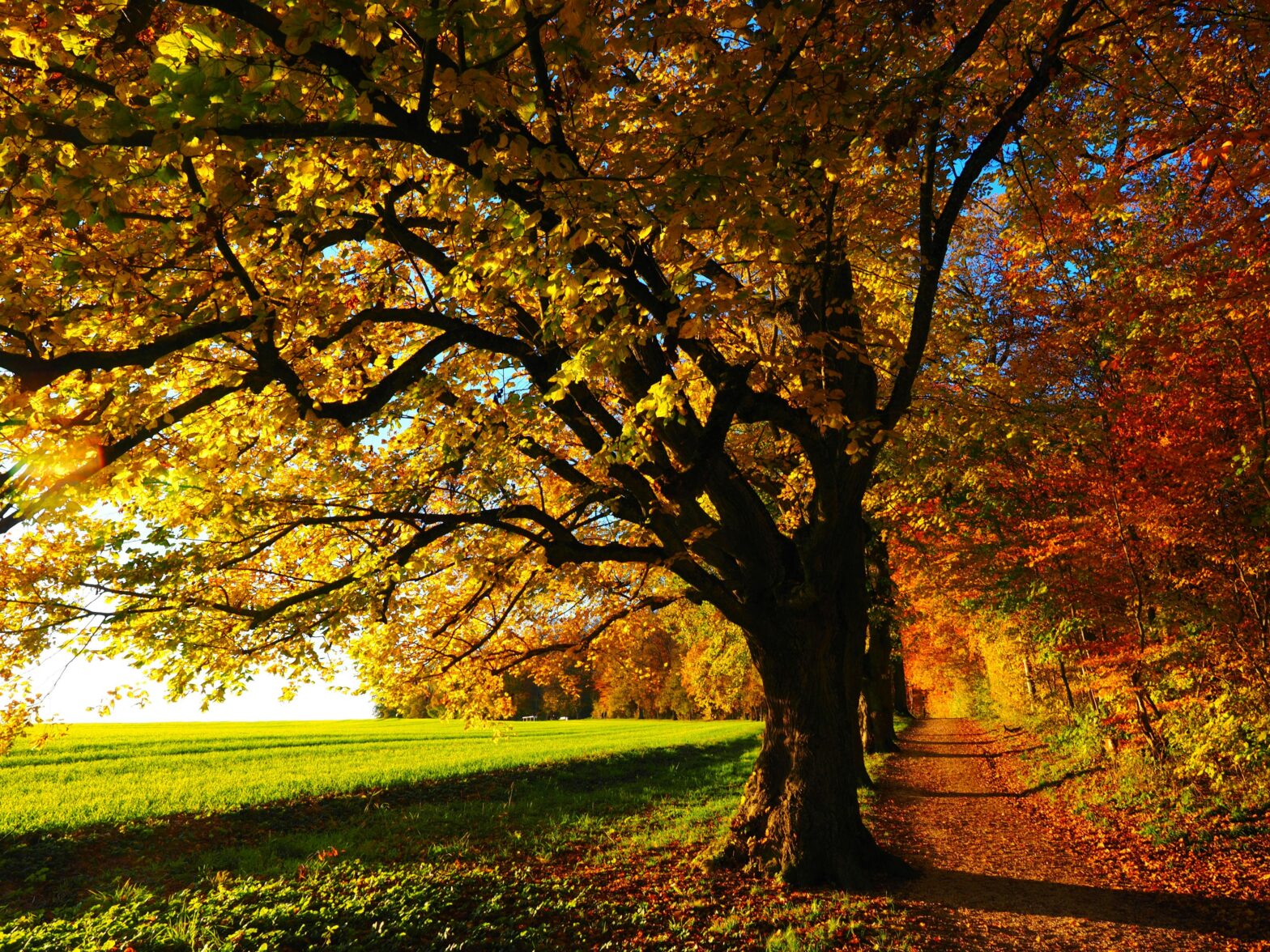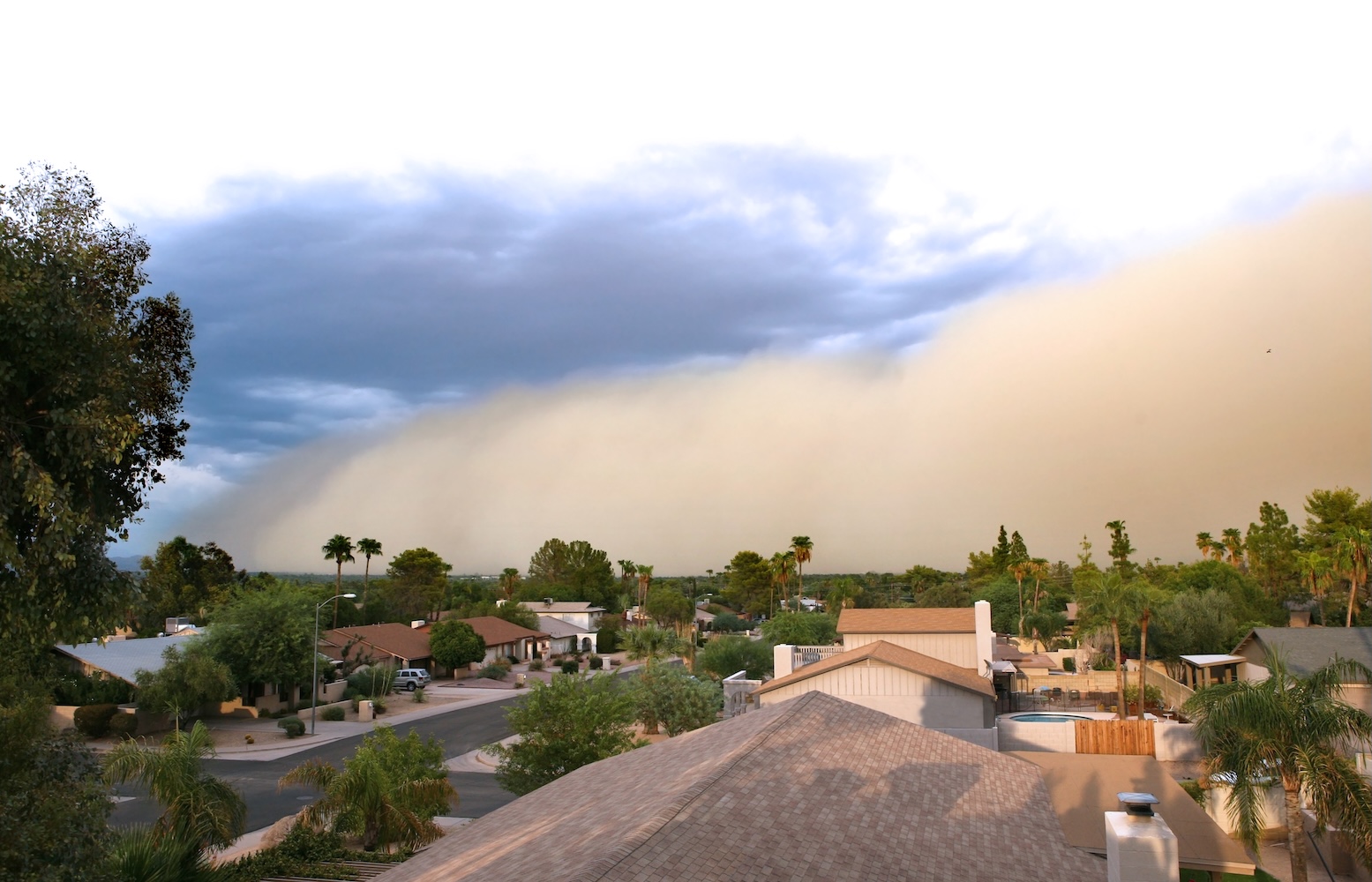Binibeca, a village on the Balearic island of Menorca, Spain, has taken drastic measures to combat the overwhelming influx of tourists. The town, a replica of a traditional fishing village built in the 1960s and renowned for its whitewashed houses and Mediterranean views, has become a hotspot for visitors. However, the surge in tourism has led to significant disruptions for its 1,000 residents.
During the peak summer months, the narrow streets of Binibeca overflow with thousands of tourists. The crowds lead to noise, litter, and even unauthorized entry into private properties. Locals have reported instances of tourists climbing onto private terraces for photos. The unruly guests also host impromptu parties in the streets and on the beaches. This behavior has strained the community’s patience and resources, prompting urgent calls for change.
New Tourism Hours Implemented
In response to the escalating situation, Binibeca’s residents have voted to impose new visiting hours. The rule requires tourists to enter the village between 11:00 a.m. and 8:00 p.m. This decision aims to alleviate the pressure on the town’s infrastructure and restore some sense of normalcy for the locals. If disruptive behaviors persist, the village could be completely closed to tourism.
Binibeca is not alone in its struggle against overtourism. Across Spain, anti-tourism sentiment has been growing. This is particularly true for popular destinations such as the Canary Islands and major cities like Barcelona. Protesters have highlighted the negative consequences on the environment and local inhabitants in their calls for reforms to the tourism industry. For example, tens of thousands of protesters have demanded stricter laws and an eco-tax on the Canary Islands to lessen the harmful effects of mass tourism.
To further alleviate the burden on local communities, many regions have enacted new alcohol regulations and limitations on short-term rentals. Outside of Spain, tourist hotspots like Santorini and Venice have instituted policies like cruise ship restrictions and entrance fees to control the influx of visitors and protect their culture.
